Back to Courses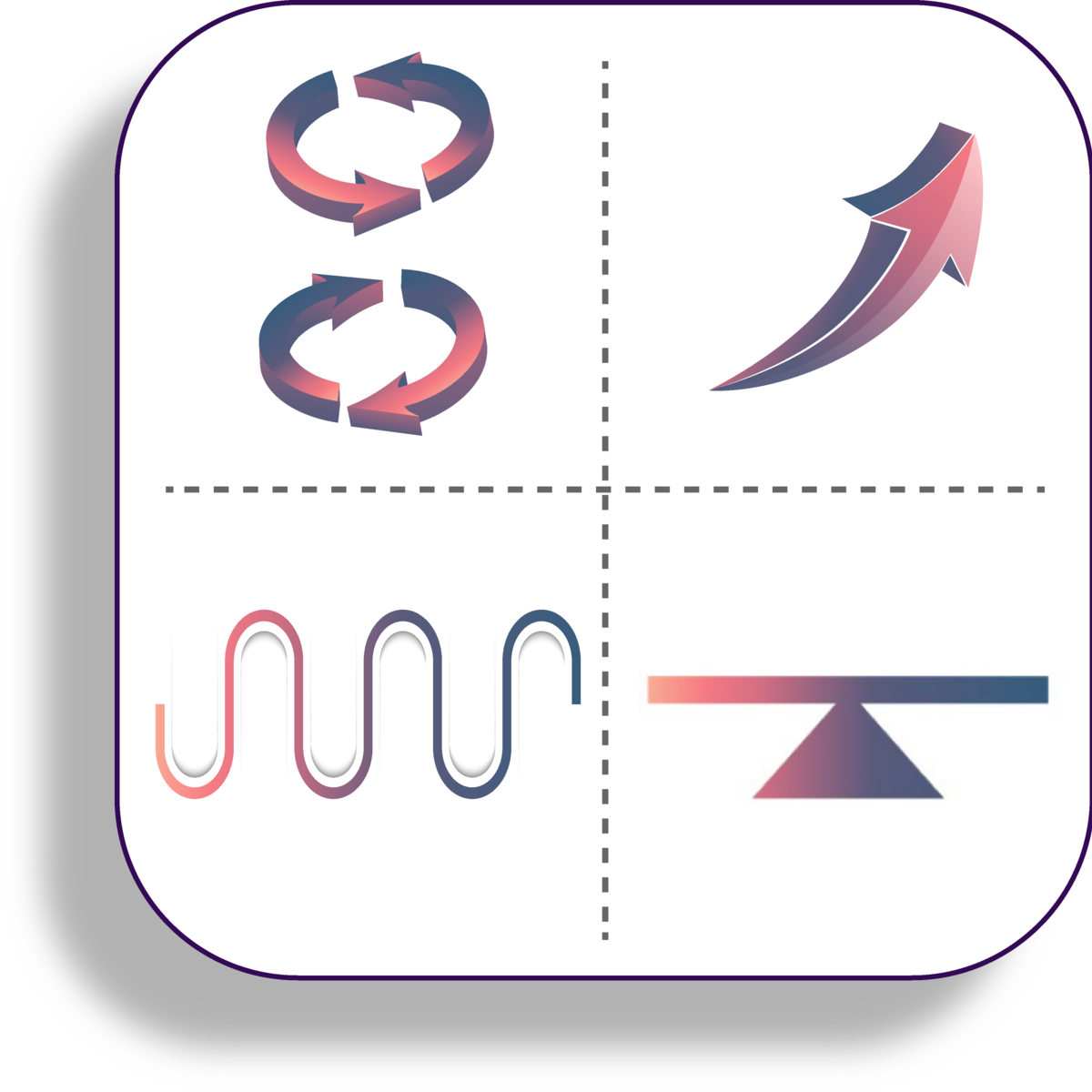
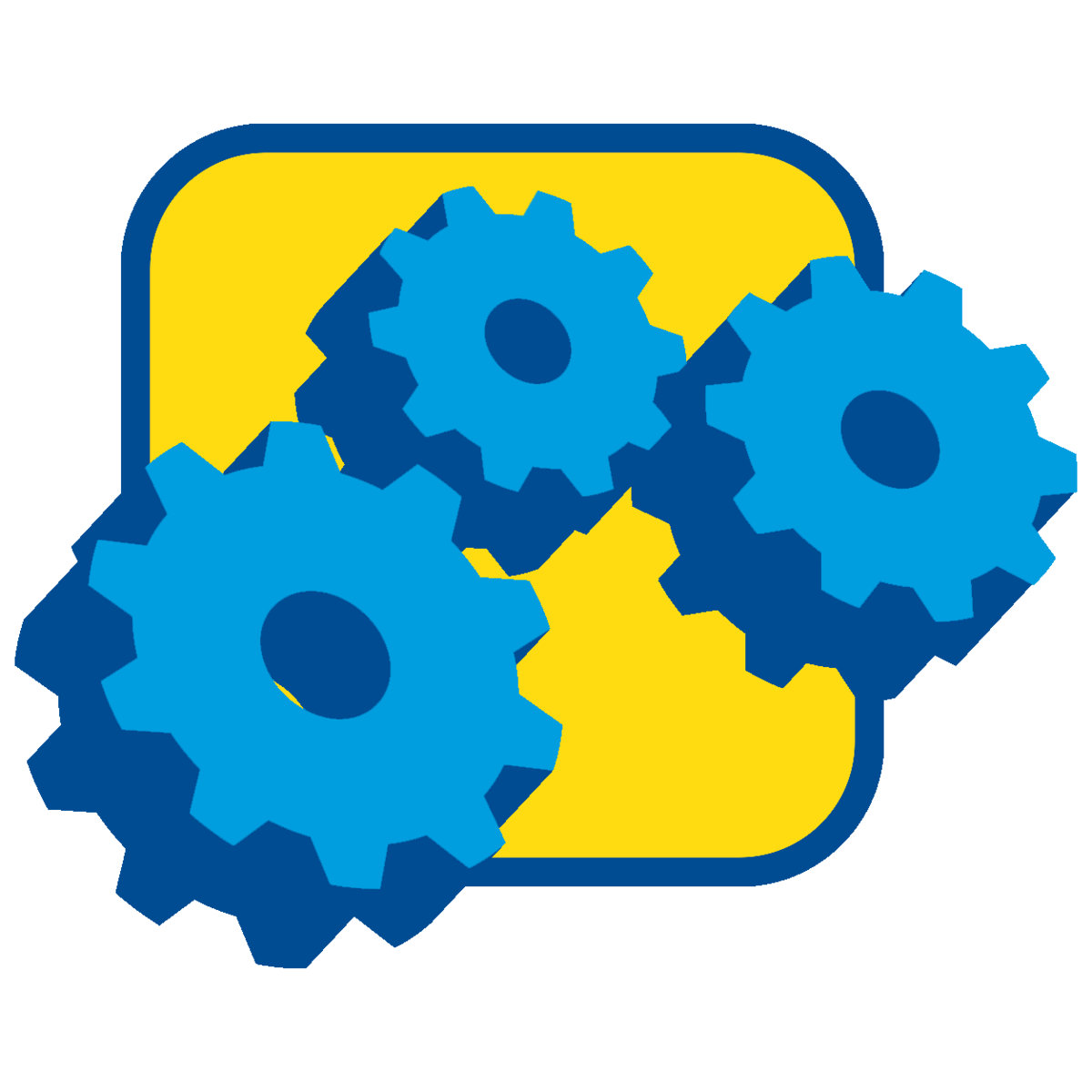
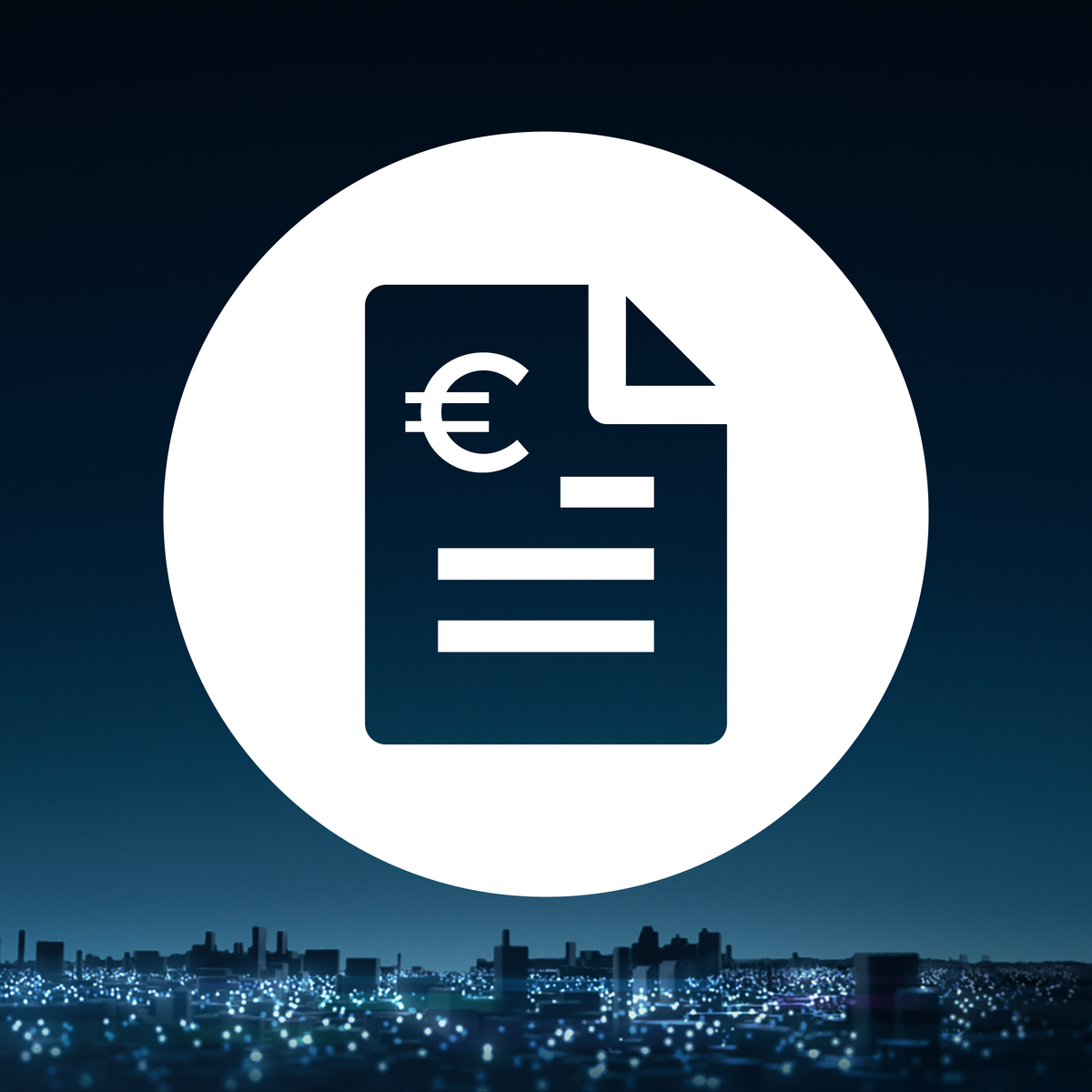
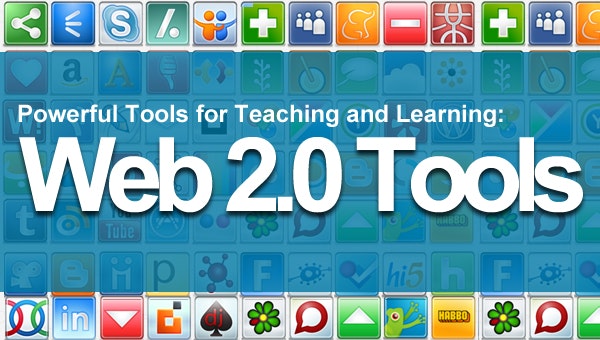


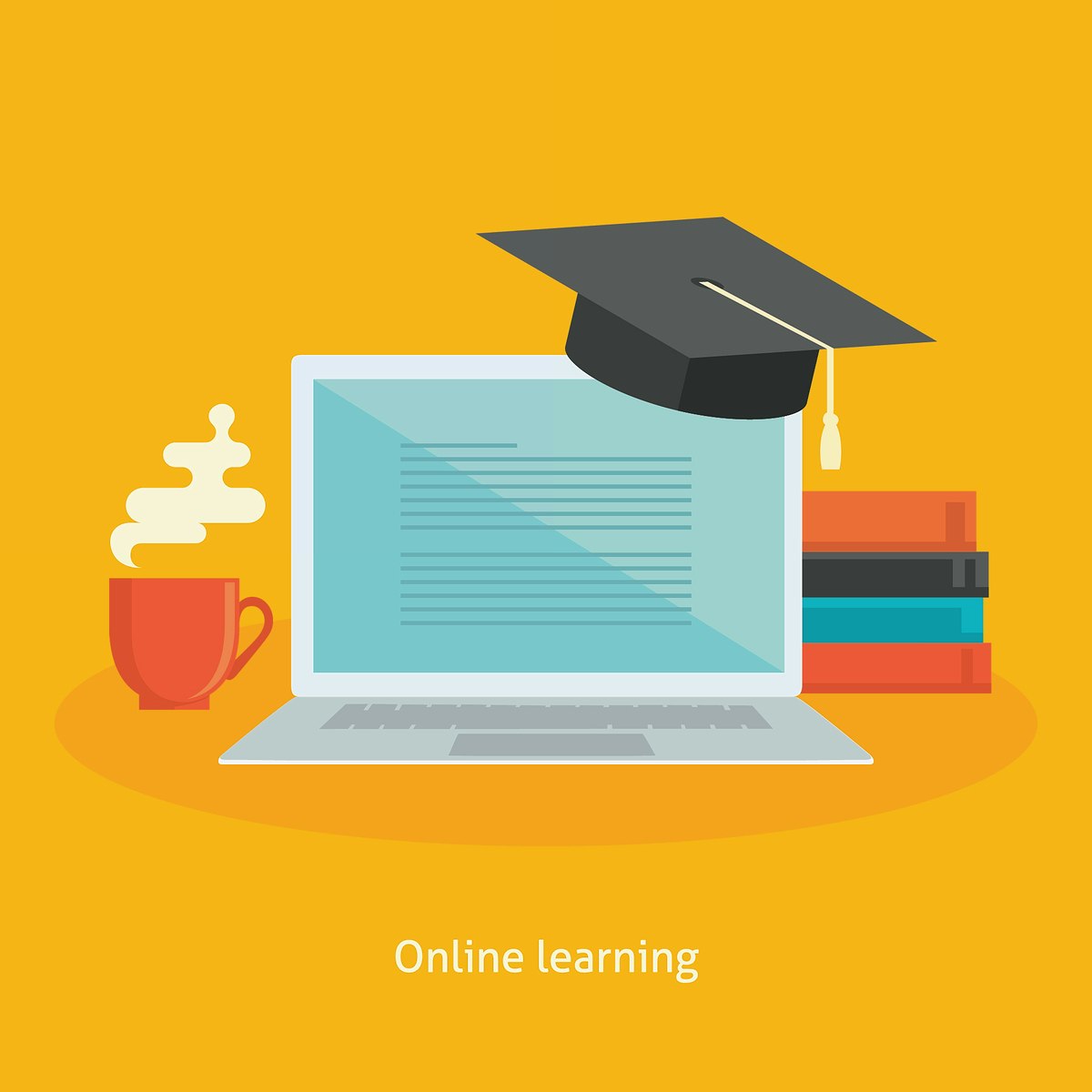
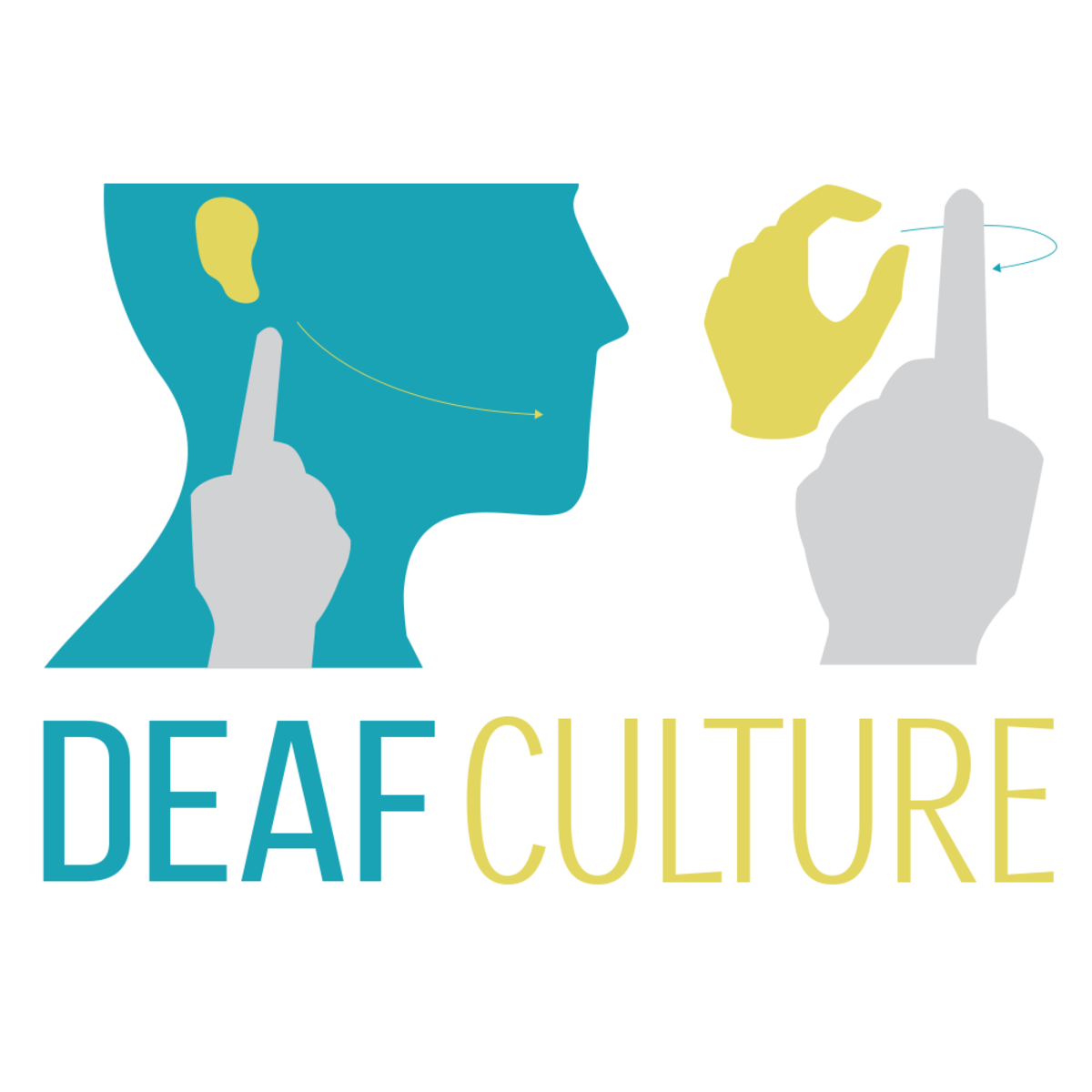
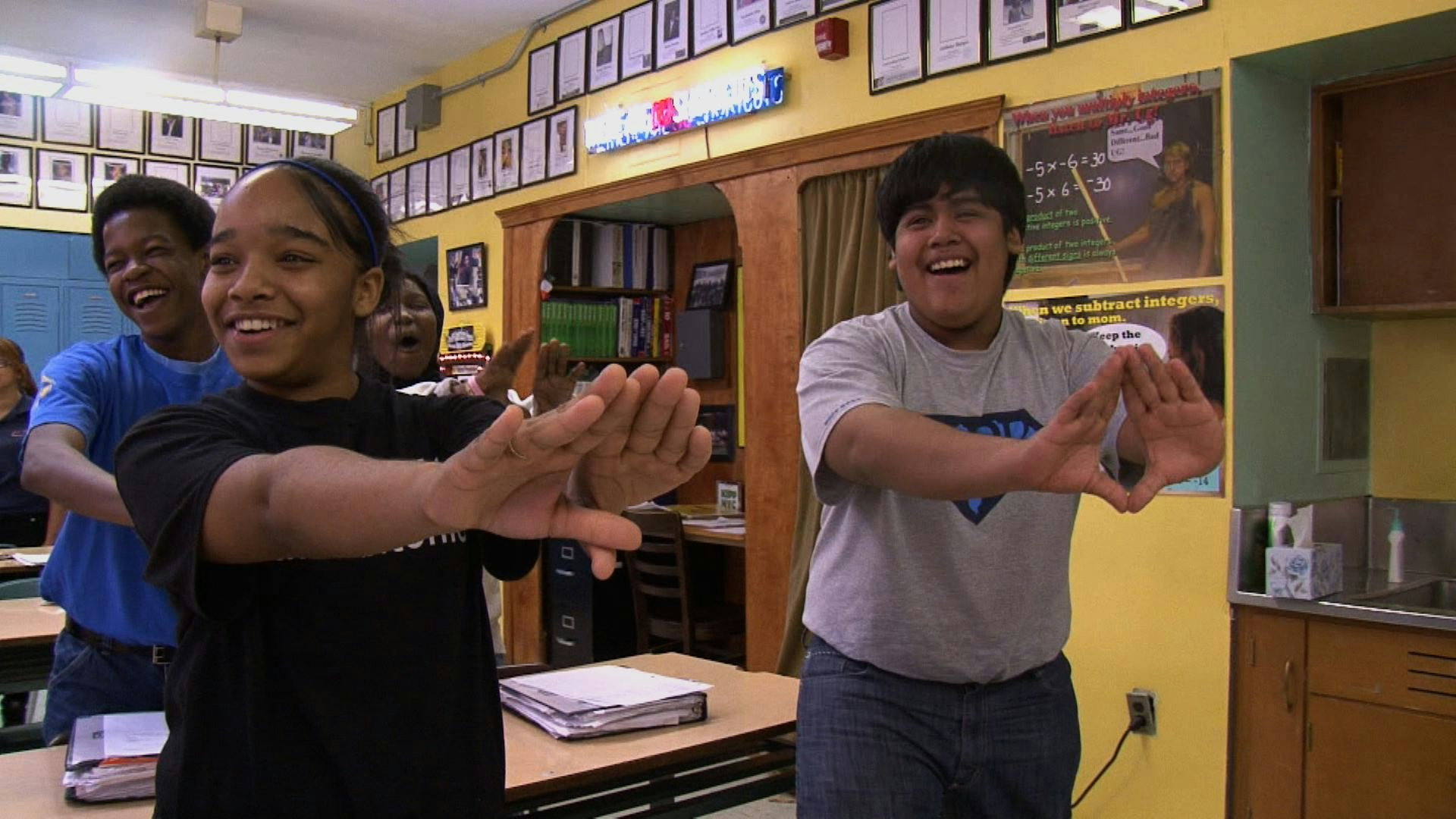

Social Sciences Courses - Page 28
Showing results 271-280 of 672

Introduction to Economic Theories
Wondering why economists have not predicted serious financial crises? Shocked by economic assumptions of human behavior as self-centered and focusing only on what can be measured? Asking yourself if there are no sensible economic alternatives to free markets? Then you are at the right place to learn economics!
This is the first online course that teaches economics from a pluralist perspective. Economic pluralism means that a plurality of theoretical and methodological viewpoints is regarded as valuable in itself and is simply the best way in which economics can make progress in understanding the world. This MOOC will illustrate economic pluralism not only in substance but also in form. You will see not only me, a Professor of Economics, but also a pop-up Prof of our business school, who illustrates the actor perspective of firms, government and civil society. And you will meet an online student, based in Greece, who will help you through the tutorial videos in which I will explain key concepts, tools and techniques.
I will not limit myself to the dominant theory, as almost every other course does. Instead, I will introduce you to four very different economic theories for the whole set of standard topics in microeconomics and macroeconomics. The theories are presented every time from broad and more interdisciplinary to narrow and more mathematical. The four theories that I like to introduce you to are Social Economics, Institutional Economics, Post Keynesian economics and, at the very end of each topic, Neoclassical Economics, for the special case of ideally functioning markets. But not everything is different in this course. Like every economics course, it includes numbers, diagrams, tables, equations, and some calculations.
Why would you go through the effort of learning the basics of four theories instead of one? Because it will help you to see why many economists cannot predict crises, whereas others can see signals but are often not being listened to because they do not belong to the dominant school of thought. It will also enable you to see that it is just one theory claiming economic agents to be self-centered and focusing on the measurable only. Other economic theories go well beyond these limitations. And, finally, the pluralist approach will provide you with policy alternatives to neoliberalist policies promoting free markets.
The objective of this course is twofold. First, to enable you to understand different economic viewpoints, linked to important traditions in economic thought, and basic economic concepts belonging to these theoretical perspectives. Second, to enable you to do some basic economic calculations that are important in economic life, such as calculating an inflation rate, and in economic policies, such as estimating the rough gains from trade for both trading partners, and in economic arguments, such as in calculating utility maximization with given prices and budgets.
Please note that if you do all course elements, total course load is likely to be 4 ECT (approx. 134 hours).
I hope you will enjoy the course!

Exploring Emerging Technologies for Lifelong Learning and Success
This learning opportunity is an open-access resource for lifelong learning. The aim is to identify the value and implications of using established and emerging technology tools for personal and professional growth and acquire strategies to develop lifelong learning habits to keep pace with technology change.
This course is targeted to the needs of ALL learners, including college students, faculty, current and career-seeking professionals, and anyone from across the globe with a desire to learn how to use emerging technologies to succeed in today’s rapidly changing world.
This project consists of two associated parts; #EmTechMOOC and EmTechWIKI.
#EmTechMOOC is a Massive Open Online Course, also called a MOOC. The MOOC is hosted on the Coursera platform and provides a supportive environment for dialogue and sharing among participants. The MOOC course environment is structured around 5 modules. The concepts that are covered include Lifelong Learning and the 4Cs of 21st-century skills: Communication and Collaboration, Creativity, and Critical Thinking. Participants create digital artifacts through Discovery Exercises within the modules to showcase their learning and accomplishments. The final module encourages learners to summarize and reflect on their learning journey.
EmTechWIKI ( http://suny.edu/emtech ) has been built to complement the MOOC. It is a socially-curated discovery engine to discover tools, tutorials, and resources such as audio, video, blogs, social networking, simulations, and more. The WIKI can be used as a stand-alone resource, or it can be used together with #EmTechMOOC. Anyone is welcome to add or edit WIKI resources.
#EmTechMOOC is not a traditional MOOC. Instead of providing content-heavy information, this course guides participants through discovery-based learning that is under the control of the learner. Learners are prompted to locate and explore new resources and tools from the growing EmTechWIKI collection and the Internet to help meet their personally identified objectives. Participants reflect on and share their learning and discoveries through the creation of a public ePortfolio or a personal learning journal that is constructed through the module exercises.
Complete the MOOC requirements to earn a Coursera Certificate of Completion and a digital badge. SUNY affiliates may earn badges and a Coursera Certificate with no fees to enroll.

Population Health: Alternative Payment Models
The way we currently pay our care providers lead to suboptimal outcomes and unnecessary spending. Consequently, we fail to maximize the value of our health care services. We need to change provider payment models in order to keep health care systems financial sustainability. Doing nothing is not an option. But the question is, how do we do it?
During this course, we will discuss the rationale for payment reforms and dive into the key design elements of Alternative Payment Models (APMs) and how they change care provider incentives. You will learn about a roadmap to design and implement APMs on your own. You will learn about behavioural economics and human behaviour which are essential to advance the design and implementation of APMs. After the course you can apply your sharpened skills to lead change in health care via innovative payment models in order to increase value of health care services.
This course is targeted at a variety of professionals in the healthcare sector in order to realise a common language. Are you a provider, board member, working at a public or private payer or researcher working in the health sector, this course is relevant for you!
This Course is part of the to-be-developed Leiden University master program Population Health Management. If you wish to find out more about this program see the last reading of this Course!

Powerful Tools for Teaching and Learning: Web 2.0 Tools
In this course you will learn about a wide variety of Web 2.0 tools to use in your teaching and learning. Web 2.0 tools provide innovative ways to communicate, present content, and collaborate with others in creative ways. Web 2.0 tools are easy to learn, use, and implement, and many are free. This course will not only introduce you to popular Web 2.0 tools like Edmodo, Twitter, Voicethread, and Skype in K-16 instruction, but you will also learn how to effectively integrate these technologies into your classroom practices and create engaging student activities.

Global Diplomacy – Diplomacy in the Modern World
The Global Diplomacy course is a unique offering to the MOOC environment. Bringing together cutting edge research in the broad fields of Diplomatic and International Studies, award winning distance learning delivery and the instructors previous experience of delivering a successful MOOC. Please see the volume Global Diplomacy: Theories, Types and Models authored with Dr Alison Holmes, (Westview, 2016), and the Understanding Research Methods MOOC from Coursera.
The Global Diplomacy MOOC has a direct heritage in the University of London International Academy/SOAS Global Diplomacy MA Programme launched in April 2013 which have attracted hundreds of students from around the world. The Global Diplomacy MA Programme is provided by the Centre for International Studies and Diplomacy which has been teaching postgraduate courses in Diplomacy for over twenty five years.
After completing the 'Global Diplomacy' MOOC, learners will have:
1. The ability to demonstrate a critical understanding of the nature and development of global diplomacy, drawing on a variety of relevant contributing disciplines in the broad field of International Studies.
2. An understanding of changes in diplomatic practices and procedures and the relationship of those changes to contemporary politics.
3. A sound grounding in both theoretical and empirical approaches to debates in diplomacy so that students have been exposed to the and skills needed to analyse global diplomacy.
4. knowledge of issues in global diplomacy in historical and contemporary contexts.

Sound and Sonification Design for Interactive Learning Tools
Designing sound representations of information can be a complex, but necessary part of engaging students and making material accessible to a larger group of learners. While advances in these tools (e.g., interactive simulations) have made many freely available to millions of STEM students and classrooms around the world, their reliance on visual-only representations makes it difficult for diverse groups of students to access the content. In this course we will introduce you to sound and sound design, to help you successfully integrate enjoyable and effective sounds into interactive learning tools.
This course will take about 6 weeks to complete. Some of the modules are shorter, with videos focused on quick introductions or refreshers to get you up to speed with information you need fast. Others are longer (Modules 2 & 3), and include more working examples, or scenarios to consider.
When you finish this course, you’ll know how to:
1. Identify concepts to associate with sounds in learning tools
2. Brainstorm sound designs
3. Prototype sound designs
4. Evaluate sound designs
5. Interpret results and decide next steps
The lessons cover terminology, best practices in design, and even give you an introduction to creating sounds.

Get Interactive: Practical Teaching with Technology
This course is designed to help you create dynamic, interactive online courses through the use of multimedia tools, student collaboration opportunities, and formative assessment and feedback.
Each week we will focus on a particular topic:
1. Using multimedia for teaching and learning
2. Encouraging student collaboration
3. Formative assessment and feedback
You will have a range of materials to read, videos to watch, topics to research, activities to perform, discussions to participate in, and an assessment to complete. In addition, you will have a random assignment of fellow participants' assessments to mark in order to receive your own mark. While most of the videos and activities are mandatory, we have included a number of "Take it Further" activities and longer versions of videos that are voluntary.
At first glance, It may seem like a lot, but you will quickly find that many activities will take just minutes to perform. The emphasis in this MOOC is on gaining a wide range of experience in order to decide for yourself which tools and techniques to explore in more depth.
Although we introduce a few concepts along the way, this is a very practical course. You will be assessed according to what you create and share. We hope you will enjoy the active, hands-on nature of this course and find many ideas to incorporate in your teaching.

American Deaf Culture
This is a six-week course providing a historical overview of the American Deaf community and its evolving culture. Theoretical frameworks from sociology are explored. Deafness as a culture and not a disability is explained as participants are guided into the world of Deaf culture.

Teaching Character and Creating Positive Classrooms
Positive psychology meets K-12 pedagogy. This course explores key ideas of positive psychology and shows how great teachers apply those lessons to maximize student engagement and accomplishment. Through lectures, discussions, interviews and footage of great educators in action, you’ll learn how to integrate character-based objectives into your own teaching.

Capstone - Managing Board Change for Higher Levels of Leadership and Governance Effectiveness
The Capstone Project is a service learning experience designed to apply the knowledge and skills developed in the three Specialization courses to a real world leadership and governance situation. It is also intended to develop the participant's capability to act as an agent for positive change in nonprofit organizations. To this end, you will analyze the leadership and governance effectiveness of a real board of directors in an organization of your own choosing (or, if that is not possible, data gathered from a real board provided by the course instructors). By the end of the Capstone Project, you will have produced a professional consulting report detailing your analysis and recommendations to improve board leadership and governance effectiveness. You will then present it to the board and advise them on implementing change.
To learn more about this course, please watch the overview video by copying and pasting the following link into your web browser: https://goo.gl/GTWrN2
Keywords: Nonprofit; Nonprofit Sector; Voluntary Sector; Nonprofit Organizations, Non-Governmental Organizations, Volunteer Organizations, Leadership, Management, Governance, Board, Board of Directors, Performance, Effectiveness
Capstone Project Overview:
Weeks 1-3: This period will be spent choosing a board of a nonprofit organization and gathering information using two specially designed tools and resources: The SUNY Open textbook (to download the book copy and paste the following link into your browser: http://tinyurl.com/peolnjb), "Guidelines for Improving the Effectiveness of Boards of Directors of Nonprofit Organizations", and The Board Check-Up, online board performance self-assessment tool that can be accessed by copying and pasting this link into your browser: https://www.boardcheckup.com.
Weeks 4-5: In this phase, the information gathered will be analyzed leading to an evaluation of the board's effectiveness in the different dimensions of board effectiveness examined in the Specialization courses.
Weeks 6-8: In the final phase of the Project, the results of the analysis and recommendations for positive change will be brought together a specially prepared consulting report intended for the use of the board of the client organization.
